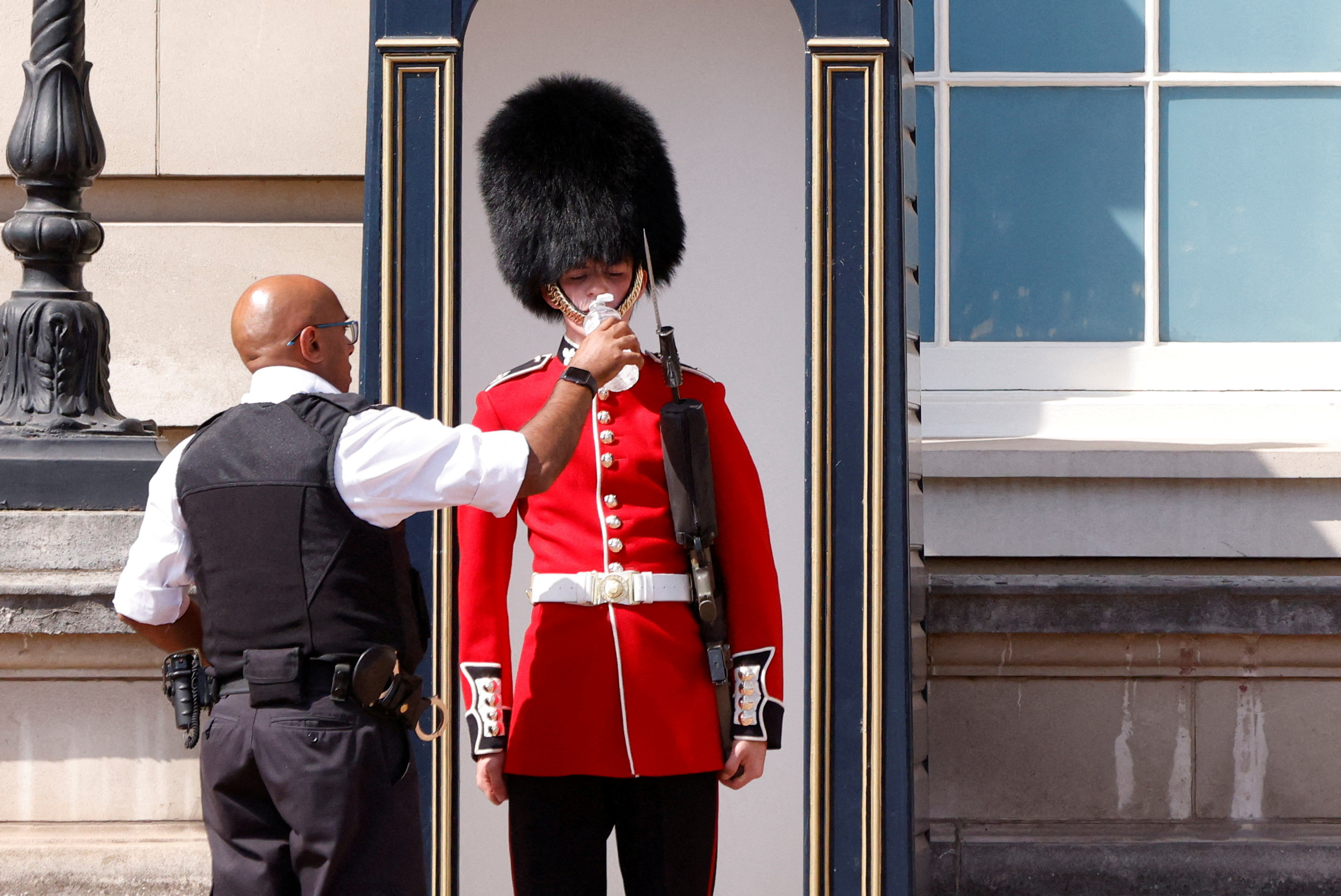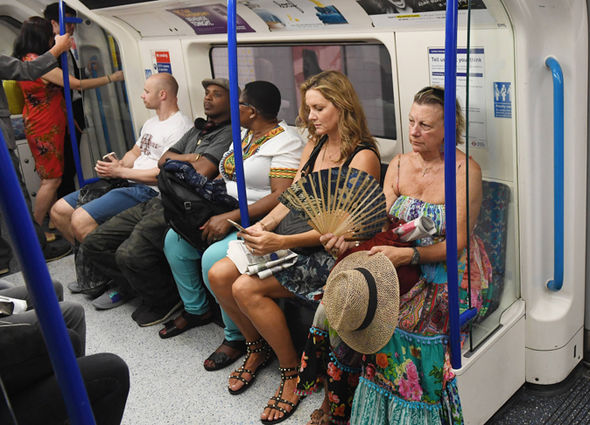LONDON, July 18 – Britain was on course for its hottest day on record on Monday with temperatures forecast to hit 40C for the first time, forcing train companies to cancel services and some schools to close while ministers urged the public to stay at home.
Much of Europe is baking in a heatwave that has pushed temperatures into the mid-40s Celsius (over 110 Fahrenheit) in some regions, with wildfires raging across tinder-dry countryside in Portugal, Spain and France.
Britain’s government triggered a “national emergency” alert as temperatures on Monday and Tuesday were forecast to surpass the 38.7C (102F) recorded in the Cambridge University Botanic Garden in 2019.
By midday, readings of almost 35C were being recorded in southern England.
“We’ve got a difficult 48 hours coming,” Kit Malthouse, a minister in charge of government coordination, told BBC radio. He will later chair a meeting of the government’s emergency response committee.
The national rail network urged passengers not to travel unless necessary and said some services – including a key route between northeastern England and London – would not run during parts of Tuesday.
London’s metro network imposed temporary speed restrictions, meaning it would run a reduced service with journeys taking longer than normal. It urged commuters to stay at home.
Jake Kelly from Network Rail said he hoped normal operations would resume on Wednesday, when temperatures are forecast to fall, but that would depend on “the damage that the weather does to the infrastructure over the next couple of days”.


The government urged schools to stay open but many were due to close earlier than usual, normal uniform demands were ditched and end-of-term sports days were cancelled. Some schools were shut, resorting to lockdown-style online lessons.
The public were warned not to swim in open water to cool off, with police in northeast England saying on Monday they had recovered a body believed to be that of a 13-year-old boy who got into difficulty in a river.
At least one major zoo, at Chester, said it would close for two days, while London Zoo and Whipsnade Zoo said many animals would be able to retreat to “cool zones” and some exhibits might be closed.
Some factories also brought their opening hours forward, to prevent workers on the hottest jobs, such as welding, from falling ill.
The Health Security Agency (UKHSA) raised the heat health warning to Level 4 for England for Monday and Tuesday for the first time ever.
Britain’s Meteorological Office defines a Level 4 alert as a national emergency, to be used when a heatwave “is so severe and/or prolonged that its effects extend outside the health and social care system. At this level, illness and death may occur among the fit and healthy, and not just in high-risk groups”.
The Met Office said “substantial” changes in working practices and daily routines would be required, and there was a high risk of failure of heat-sensitive systems and equipment, potentially leading to localised loss of power, water or mobile phone services.
Malthouse said the government was prepared for the extreme weather and would seek to learn lessons from it.
“We definitely need to adapt the way we build buildings, the way we operate and look at some of our infrastructure in the light of what seems to be an increasing frequency of these kinds of events,” he said.
Want to send us a story? Contact Shahidi News Tel: +254115512797 (Mobile & WhatsApp)


